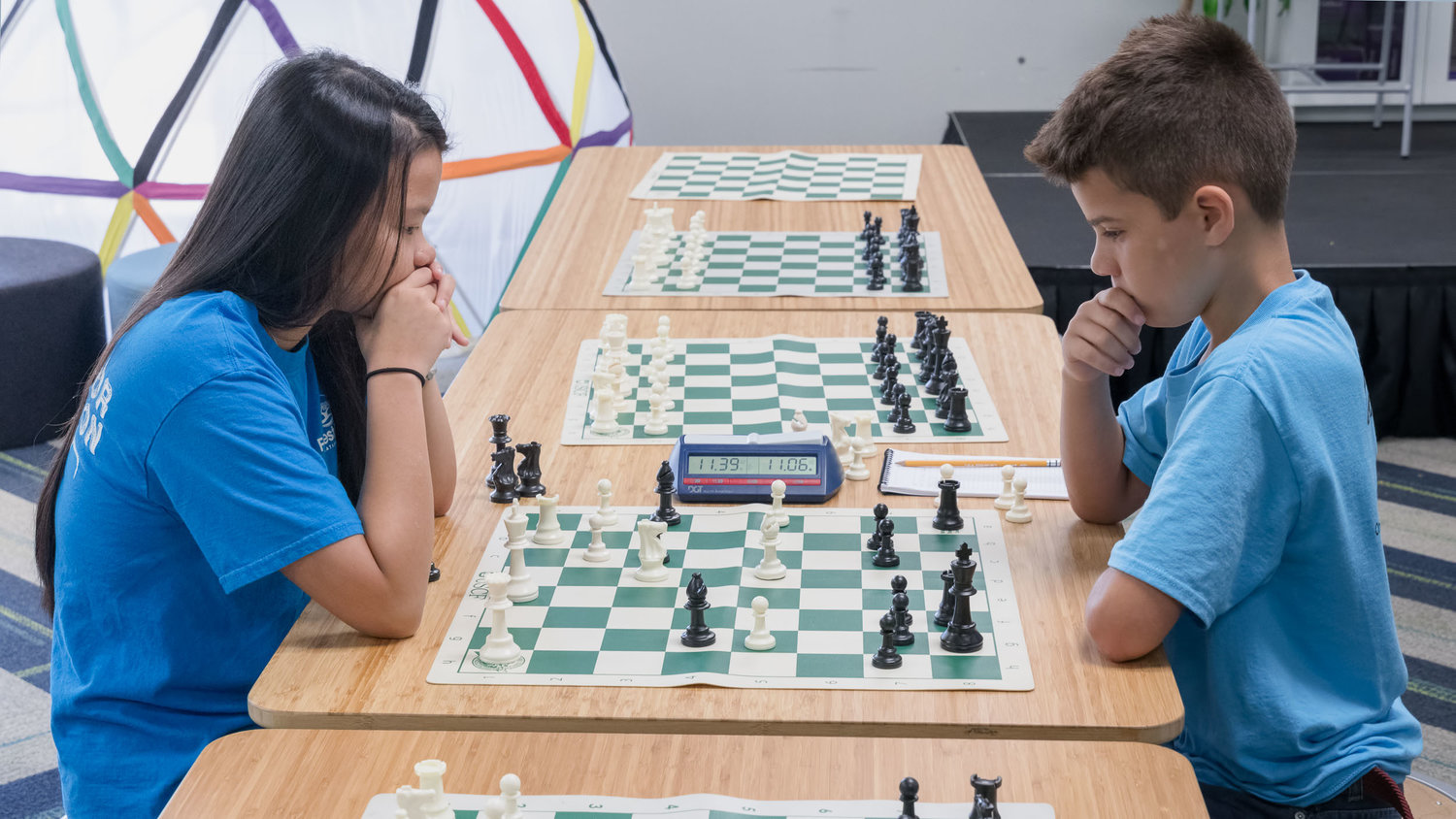Why Chess?
“The Game of Chess is not merely an idle amusement; several very valuable qualities of the mind, useful in the course of human life, are to be acquired and strengthened by it.”
Benefits of Chess
The benefits of kids playing chess is well-researched. Playing chess, especially competitively, encourages and supports the development of several transferable life skills that are valuable both on and off the chessboard, including:
Dynamic problem solving
Analytical skills
Creativity
Pattern recognition
Planning ahead
Concentration and attention to detail
Time management
Self-confidence and sportsmanship
Making value-based judgements
Independent reflection
We share the philosophy of IM Alexander Katz (former national scholastic chess champion and MIT student): “I think the real benefits from chess are indirect; the ‘chess makes you better at math’ narrative is more or less a misunderstanding of correlation versus causation. Instead the value of [competitive] chess comes in things like time management, learning how to effectively study, dealing with failure, and the simple ability to sit down and focus for long periods of time.”
